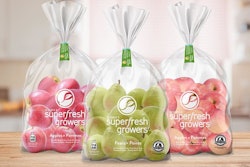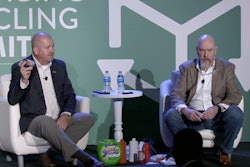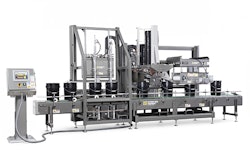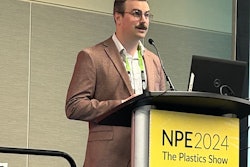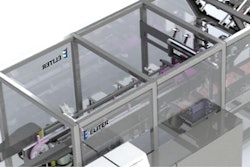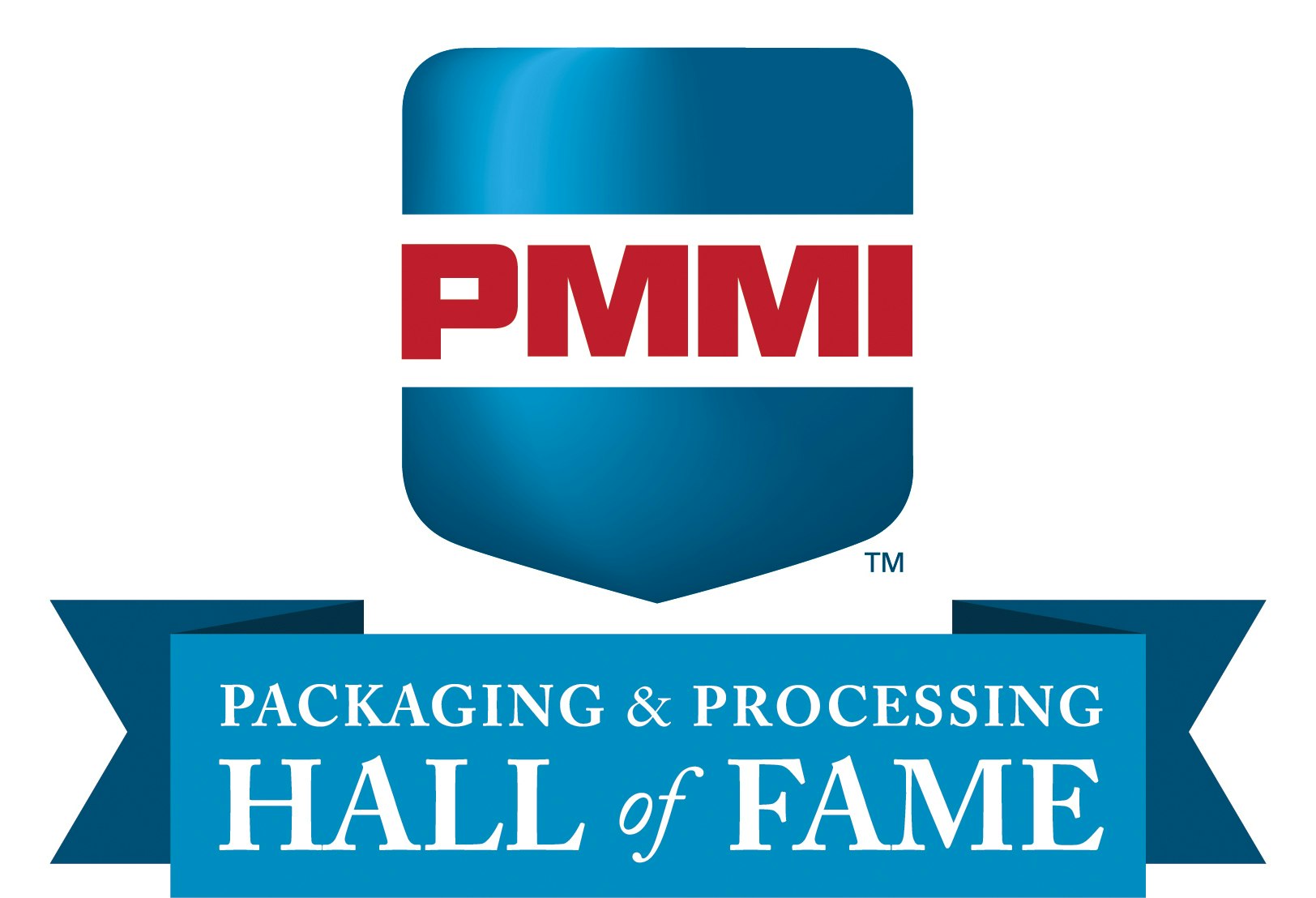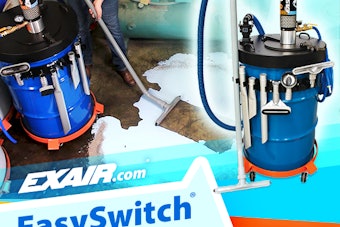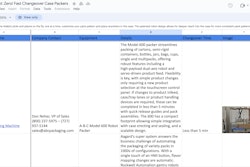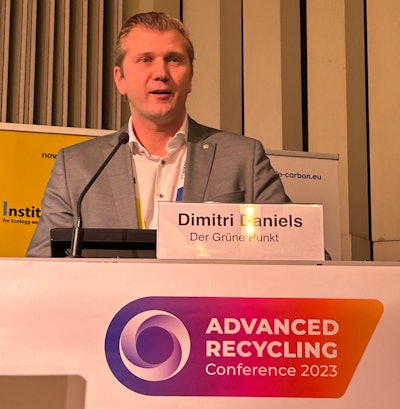
At the Advanced Recycling Conference, held Nov. 28-29 in Cologne, Germany, Dimitri Daniels, vice president Chemical Recycling and Upgrading for GreenDot, presented a compelling vision for the future of plastic recycling, emphasizing the company’s dual approach that encompasses both mechanical and chemical recycling to achieve a more circular economy for plastic packaging.
Daniels began by providing a snapshot of GreenDot’s role in the value chain and its business model, which is deeply rooted in the Extended Producer Responsibility (EPR) licensing business. “Our brand owners partner up with us, and we take over their obligation and responsibility to collect and recycle the packaging waste they introduce into the market,” he explained, highlighting the company’s primary foothold in Germany.
GreenDot’s strategy extends beyond EPR licensing. The company retains ownership of the collected feedstock, directing it to their mechanical recycling plants. “We operate three mechanical recycling plants,” Daniels noted, “but we’re also responding to our customers’ demands for high-end applications by developing a strategy to play a role in chemical recycling.”
 | Read this related article from the Advanced Recycling Conference, “Charting a Course for Chemical Recycling in Europe” |
The company’s ambition is to establish itself as a key player in the entire value chain, from feedstock acquisition to the production of chemically recycled polymers. “We would like to build a chemical recycling plant,” Daniels shared, “and for that, we’ll use a proven technology platform to make pyrolysis oil.” He did acknowledge, however, the complexities involved in processing this intermediate product, which requires further refining to be suitable for high-quality applications.
Daniels underscored the importance of partnerships, particularly in the hydro treatment phase, which is crucial for upgrading pyrolysis oil. “Hydro treatment is a real chemical operation, and you can really benefit from economies of scale,” he said, suggesting that building such a unit only once, but on a large scale, would be most efficient.
The company’s commitment to innovation is evident in its recent ventures, including a joint venture with Altstoff Recycling Austria AG (ARA) and Bernegger GmbH to build one of Europe’s most advanced sorting plants. “It’s almost ready to start commissioning,” Daniels revealed, indicating that the plant will produce various fractions ready for further pretreatment and recycling.
A strategic partnership with Synextra in Italy also marks GreenDot’s expansion, with a sorting plant in Milan becoming part of the company’s industrial network. “With this foothold in Europe, we are paving the way to have more feedstock available for mechanical recycling and to optimize the plastic feedstock for chemical recycling,” Daniels stated.
 | Read related article, “Chemical Recycling Closes the Loop for Arla’s Cheese Maturing Bags” |
One of the key topics Daniels raised was the extent of pretreatment required for plastics before recycling. He pondered the balance between the effort invested in pretreatment and the necessity of post-treatment for large-scale production. “Why should we then pretreat the plastic and invest a lot of money in the pretreatment of plastics knowing that we have to do the post-treatment anyway?” he asked, inviting the audience to weigh in on this critical question.
The debate between mechanical and chemical recycling was another focal point of Daniels’ presentation. He challenged the notion that these methods are in competition, instead proposing that they are complementary solutions offering different qualities of recycled materials. “In many cases, it’s not about competition; it’s purely complementary,” he asserted.
Daniels concluded his presentation with a thought-provoking consideration for the industry. “Instead of talking about mechanical versus chemical recycling, maybe we should talk about recycled versus fossil-based polymers,” he suggested. This shift in perspective could accelerate the transition to a circular economy and advance the recycling industry to serve a broader range of markets with sustainable solutions. PW
